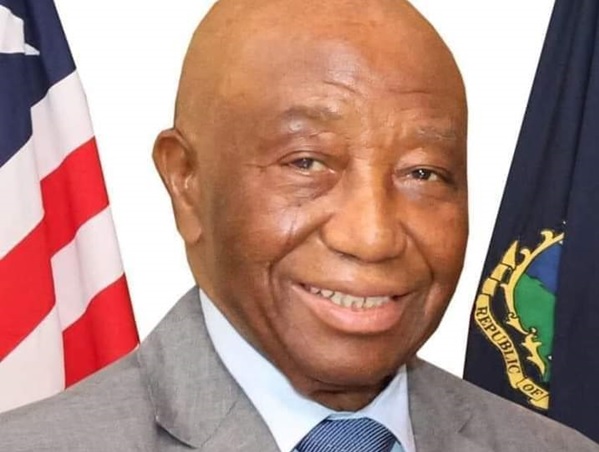A Commentary by Wondah L. Jah
Since assuming the presidency, Joseph Boakai has overseen a significant wave of dismissals among public servants in Liberia. Officially attributed to reasons such as alleged lack of qualifications, improper civil service entry, and budgetary constraints, this trend has predominantly impacted individuals employed during George Weah’s administration.
One of the most alarming cases involved the dismissal of 2,09 staff members from the Central Bank of Liberia (CBL), allegedly as a result of pressure from the World Bank. This followed the termination of close to a 1000 Liberians, including Executive Protective Officers at the Executive Mansion, and further reports indicate that the Ministry of Finance may soon let go of over 300 more employees. Such widespread dismissals raise pressing questions about the rationale behind Boakai’s administration, especially considering that Weah’s government managed to maintain and, in some cases, expand supplementary payrolls and contractors at the CBL even amidst financial limitations.
The government’s legal and moral obligation to reduce unemployment and alleviate poverty seems to be undermined by these actions. While Boakai initially articulated a commitment to these goals, the current strategy appears counterproductive, as the mass dismissals exacerbate the already critical employment crisis in Liberia. Rather than creating new job opportunities or attracting investments, the administration’s focus is seemingly on job cuts.
The situation becomes even more disconcerting when one considers allegations of political victimization. Reports suggest that some of those dismissed were not merely supporters of Weah’s administration but were also affiliated with Boakai and the Unity Party. For instance, a director from the Ministry of Transport, who openly supported Boakai, endured repeated demotions under the current regime. This raises significant concerns regarding the government’s commitment to fairness and equality within the public service.
The implications of such dismissals extend beyond individual job losses; they may signal a broader trend of political discrimination, undermining the foundational principles of democratic governance. The question arises: Is the Boakai administration targeting individuals based on their perceived political loyalties rather than their professional competencies? If so, this undermines the commitments to fair employment practices and may encourage a culture of fear and favoritism.
In conclusion, the mass dismissals occurring under President Boakai’s government present a troubling scenario. They cast doubt on the administration’s proclaimed commitment to reducing unemployment and effectively managing public service dynamics. Furthermore, the potential for political favoritism raises alarms about the integrity of democratic norms in Liberia. The need for transparency and adherence to principles of fairness has never been more critical as this situation develops into a pressing national security issue. It is essential for regional bodies like ECOWAS and the international community to monitor these developments closely and intervene if necessary to protect the interests of the Liberian populace. Immediate action and dialogue are essential to reverse the trend of dismissals and restore faith in the governance of public service.








